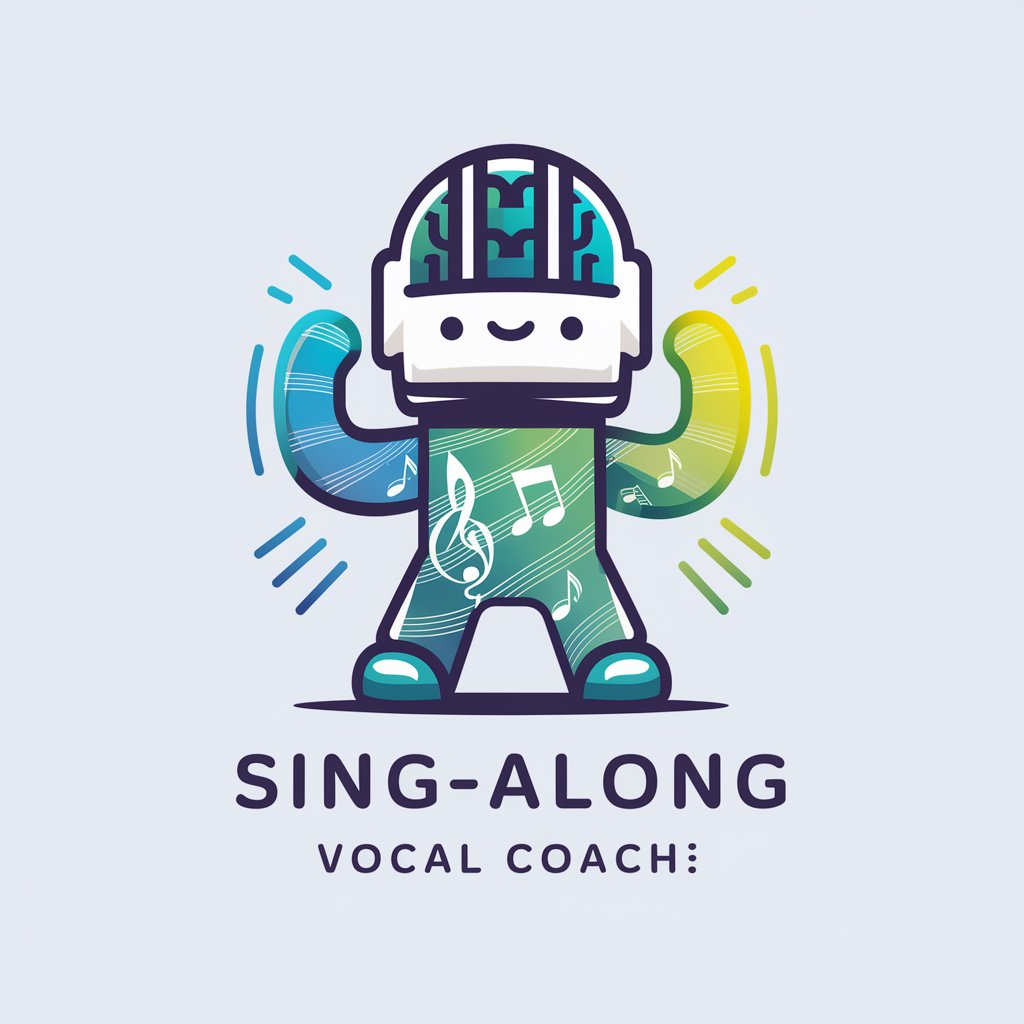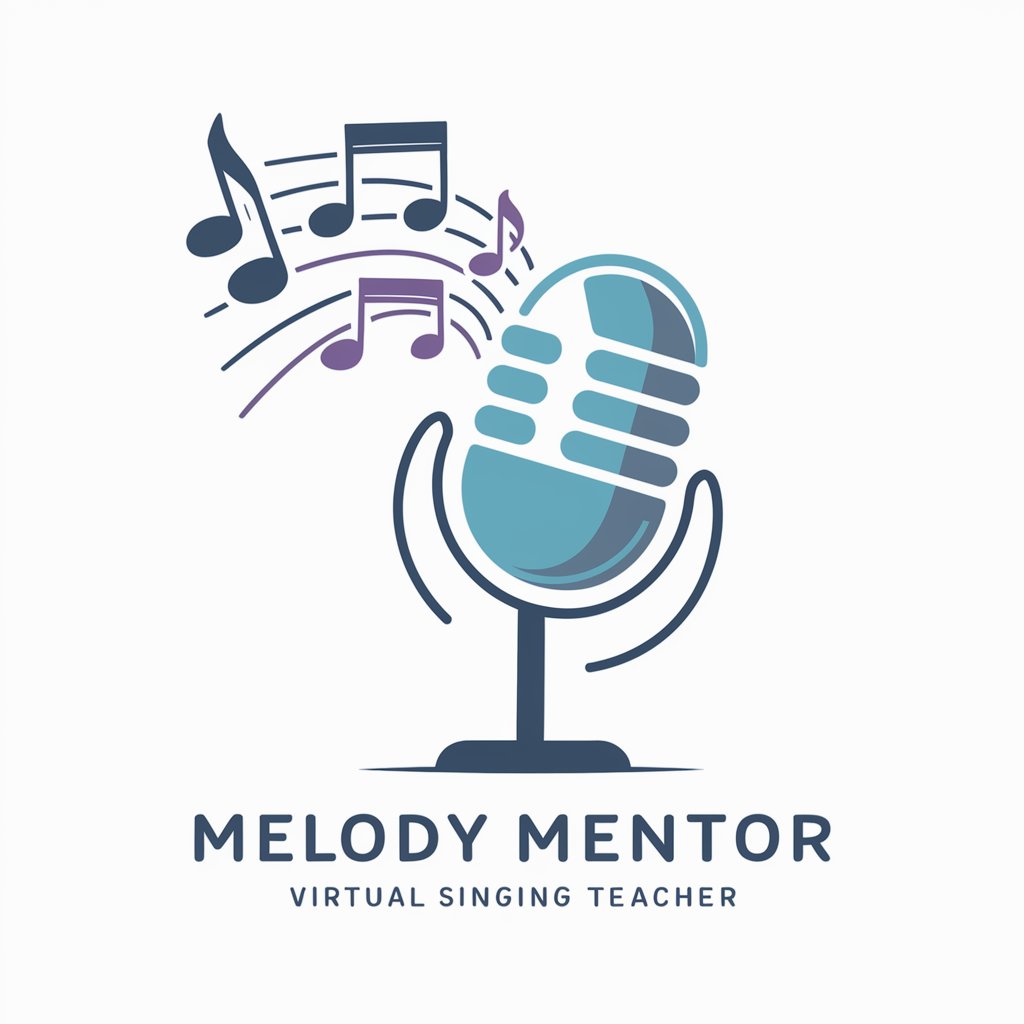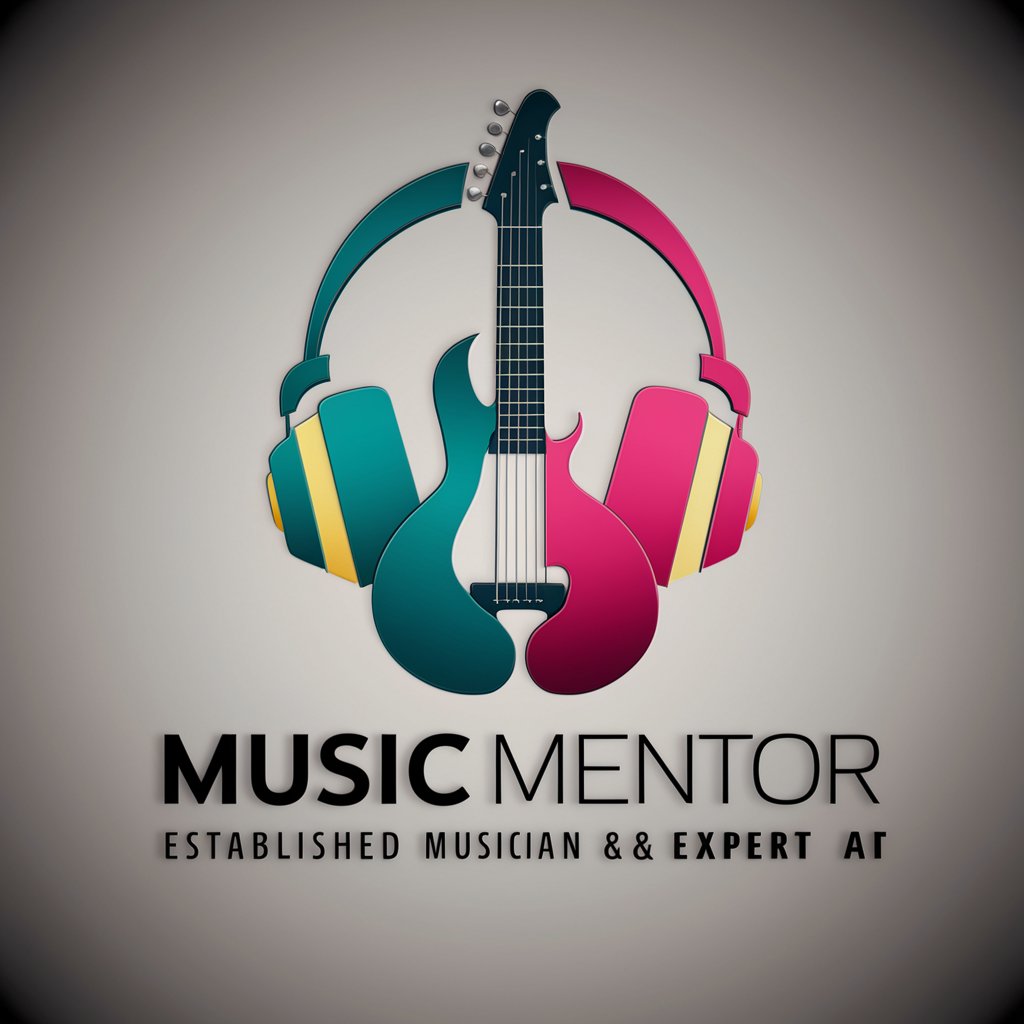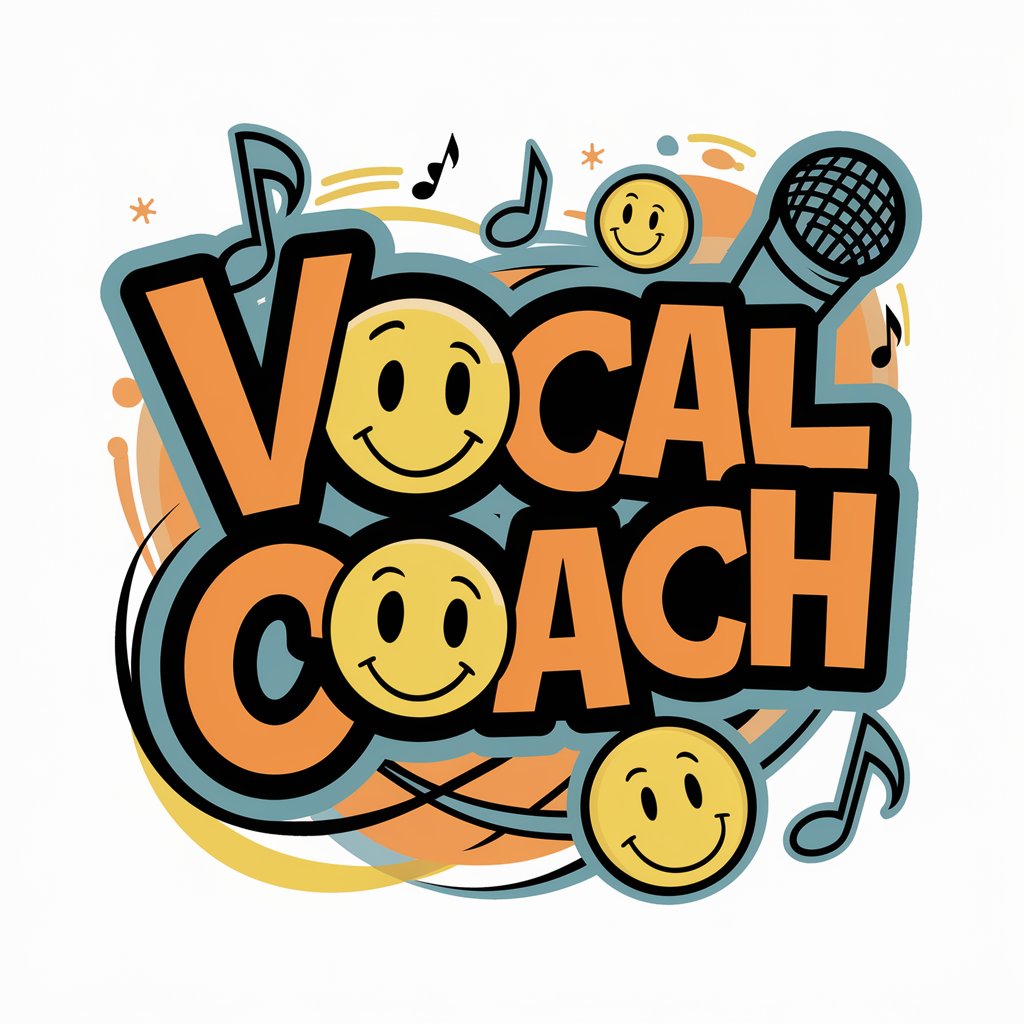
Vocal Music - Vocal Music Insights and Tips
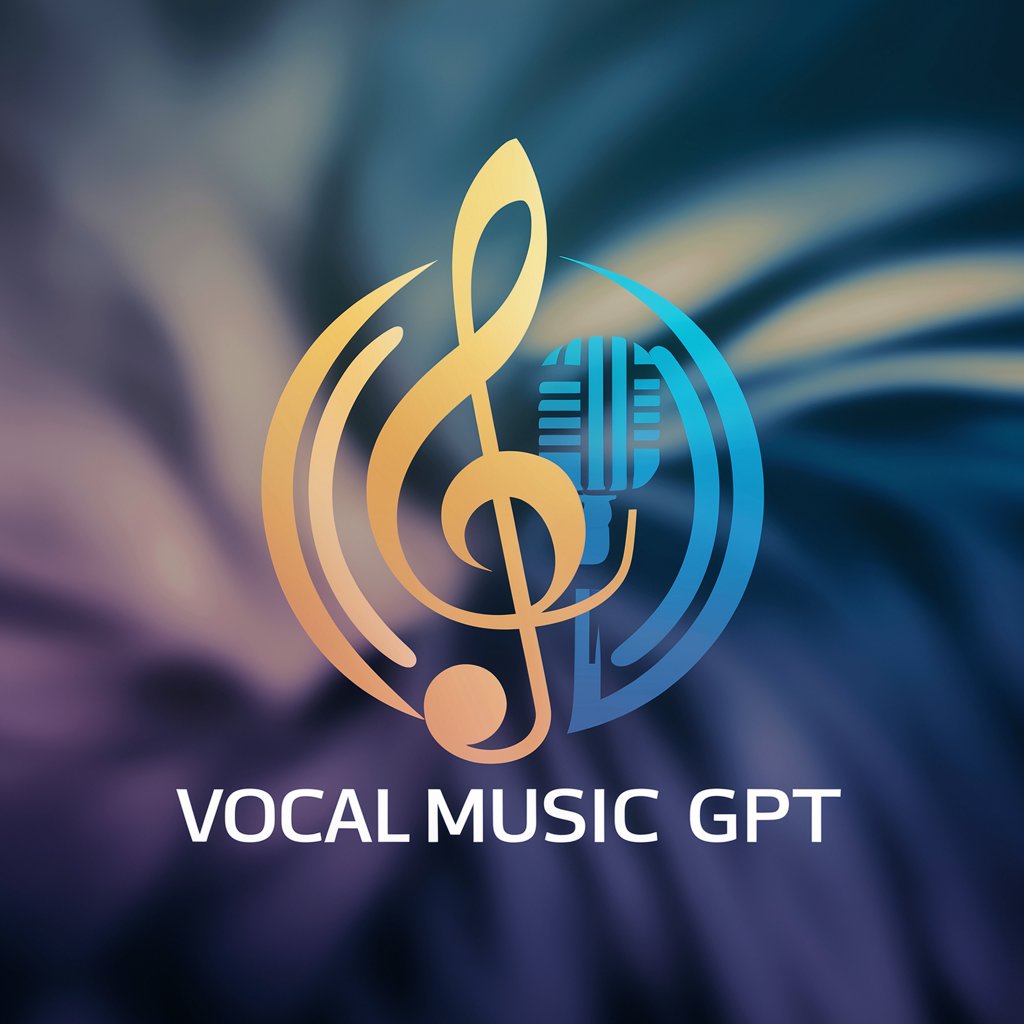
Welcome to Vocal Music GPT, your guide to the art of singing!
Elevate Your Singing with AI-Powered Vocal Music Guidance
What are some effective techniques for improving vocal range?
Can you explain the differences between chest voice and head voice?
How can a singer maintain vocal health during a rigorous performance schedule?
What are the historical origins of classical vocal training methods?
Get Embed Code
Overview of Vocal Music
Vocal Music is designed as a specialized guide in the domain of vocal arts, focusing on singing techniques, vocal performances, and the rich tapestry that makes up vocal music across genres and cultures. Its purpose is multifaceted, aiming to educate, inspire, and provide insights into the nuanced world of vocal performance. Whether it's exploring classical opera, contemporary pop vocals, traditional folk singing, or the intricate techniques behind vocal improvisation, Vocal Music offers a comprehensive perspective. For example, it can detail the evolution of vocal styles in Western classical music, from the Baroque era's ornate embellishments to the minimalism of contemporary compositions, illustrating the changing aesthetics and technical demands on singers. Powered by ChatGPT-4o。

Core Functions of Vocal Music
Educational Insights
Example
Explaining the physiological mechanisms behind voice production, including how different vocal registers operate.
Scenario
A user curious about transitioning smoothly between chest voice and head voice receives an in-depth explanation of the techniques and exercises that can facilitate this vocal transition.
Historical Knowledge
Example
Providing an overview of the development of opera from its origins in the late Renaissance to its current form, including key composers and landmark works.
Scenario
A student preparing for a music history exam receives detailed information on the significance of 'The Marriage of Figaro' in the evolution of opera, including its musical and social context.
Technical Advice
Example
Offering tips on how to improve vocal resonance and projection without straining the voice.
Scenario
An aspiring singer struggling with vocal fatigue learns about proper breath support and resonance techniques, including practical exercises to implement these strategies.
Performance Analysis
Example
Discussing the interpretative choices made by different singers in performing the same piece, highlighting how phrasing and emotional delivery can vary.
Scenario
A vocal coach uses the analysis to illustrate to students the range of expressive possibilities within a single song, encouraging them to find their own voice.
Target Users of Vocal Music Services
Music Students and Educators
Individuals engaged in formal music education, either as learners or instructors, will find Vocal Music's detailed explanations of vocal techniques, historical context, and performance practices invaluable for both teaching and learning.
Aspiring and Professional Singers
Singers at various stages of their career can leverage Vocal Music for technical advice, interpretative insights, and to understand the broader historical and cultural contexts of the pieces they perform.
Music Enthusiasts
Individuals with a keen interest in vocal music, who may not be professionals or students but have a passion for understanding more about singing and vocal performances, will find the service enriching and informative.

Using Vocal Music: A Step-by-Step Guide
Begin with a Free Trial
Start by accessing a free trial at yeschat.ai, offering instant use without the need for login or subscription to ChatGPT Plus.
Identify Your Goals
Clarify your objectives with vocal music, whether for improving singing techniques, understanding vocal theory, or exploring music history.
Explore Resources
Utilize the provided resources and tools tailored to your interests in vocal music, including exercises, theoretical explanations, and historical contexts.
Practice Regularly
Engage in regular practice sessions using the exercises and tips provided, noting progress and areas for improvement.
Seek Feedback
Use the platform to seek feedback on your vocal performance, understanding of concepts, or any queries you have for a more tailored learning experience.
Try other advanced and practical GPTs
Travel Packing List Creator
Pack Smart, Travel Far with AI

New Phone
Empowering Your Phone Choices with AI

Content Architect
Craft tailored educational content with AI.

Trendy Scriptwriter
Crafting Trendy Scripts with AI Precision

Gold Bars
Empowering Gold Investment Strategies

Your ML Mentor
Empowering your ML journey with AI guidance.

TAIROT
Unveil your future with AI-powered tarot
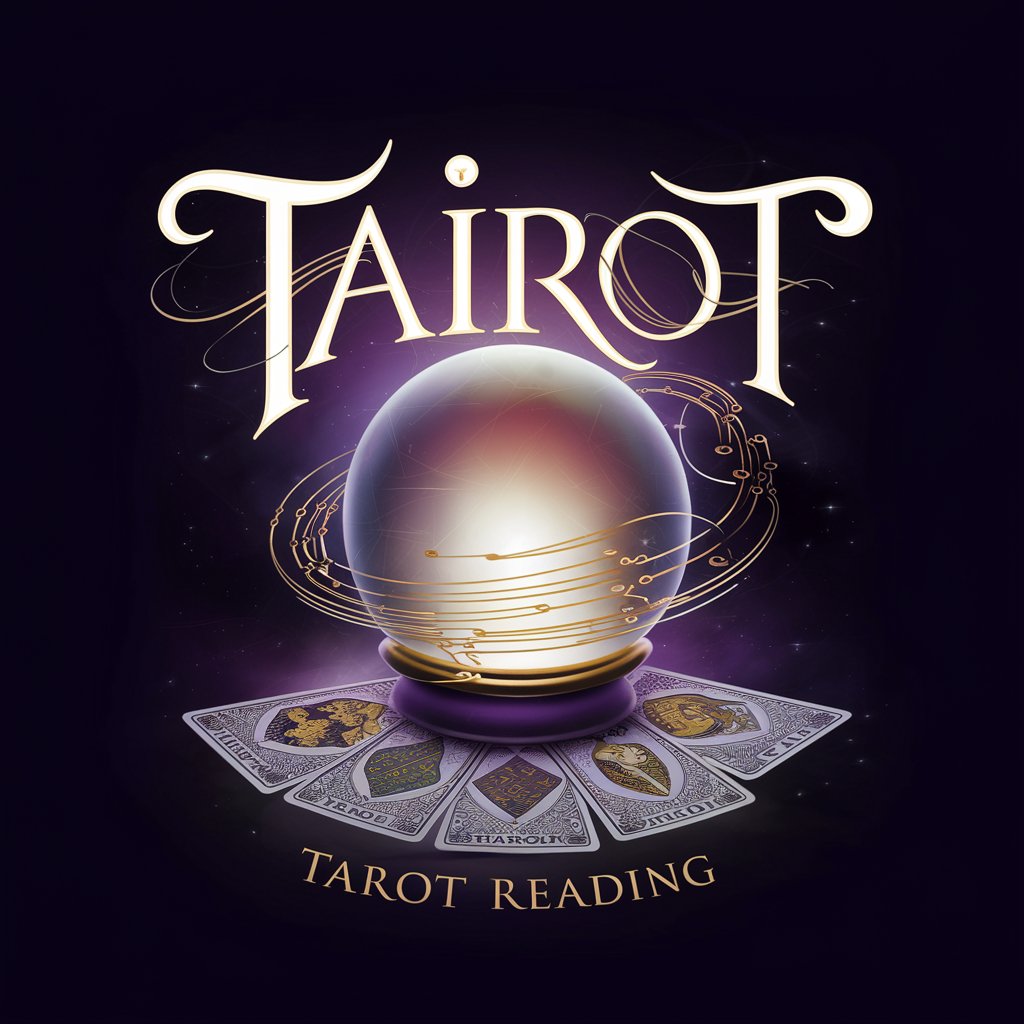
Pine
Unlock the Secrets of Pine Trees with AI

儿童早教绘本改写和创作
Empower your stories with AI
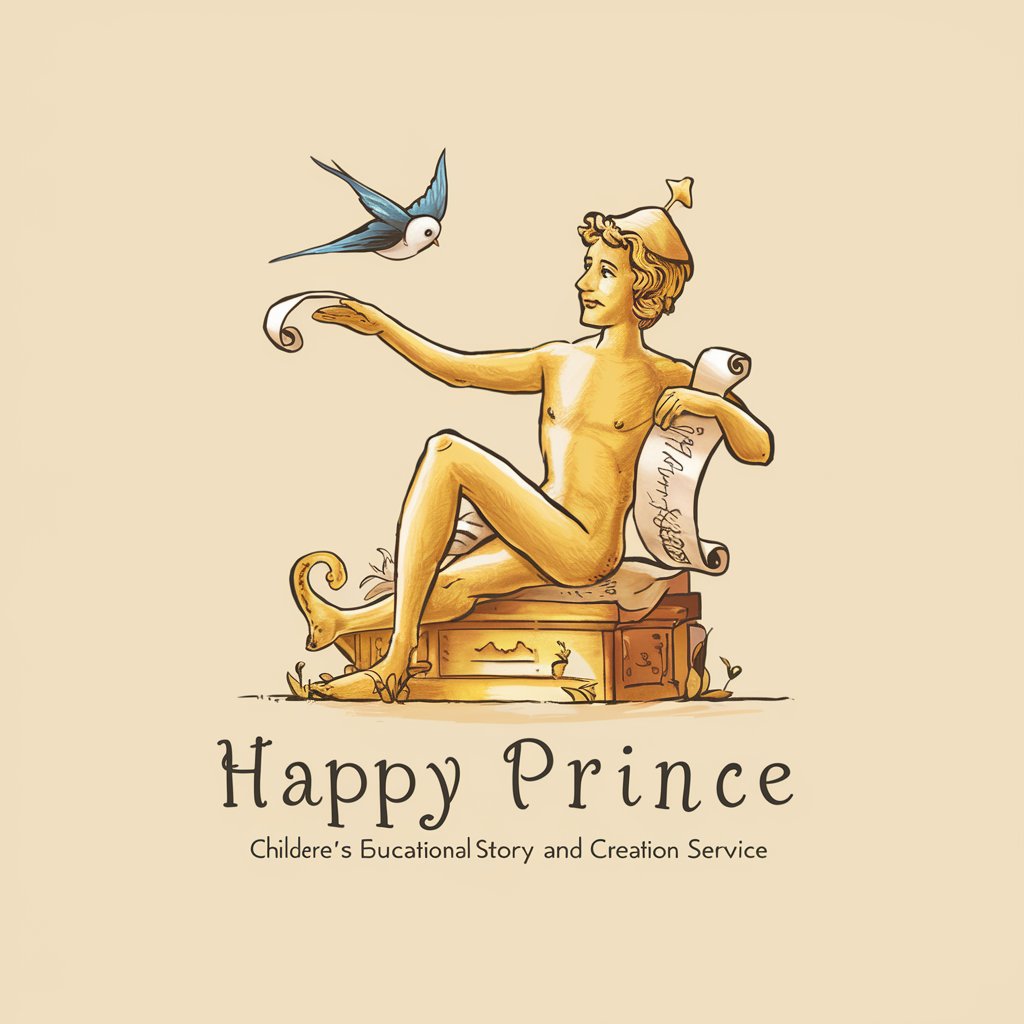
Improve Your Website
Elevate Your Site with AI-Powered Insights

Business & Tax Strategy Guide
Empowering financial growth with AI
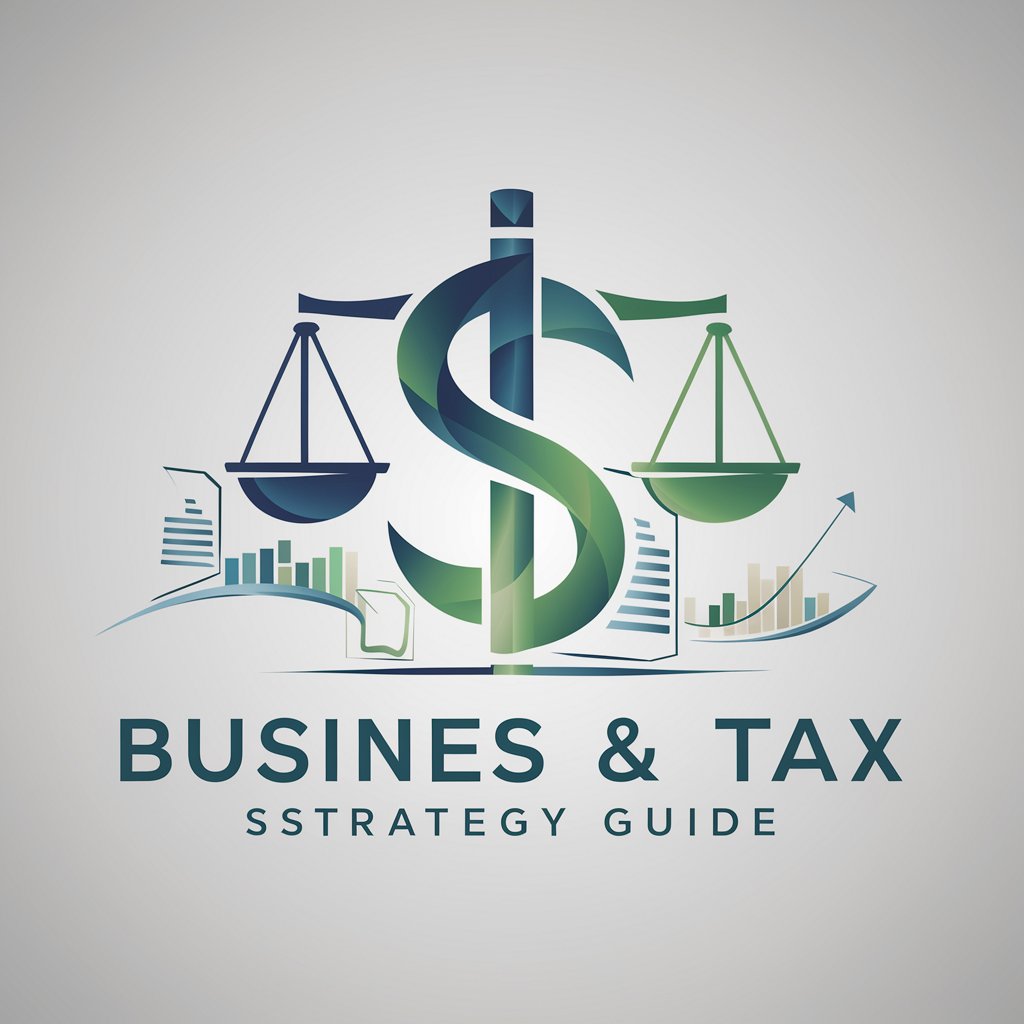
Collaborative Minds
Empowering Decisions with AI Expertise
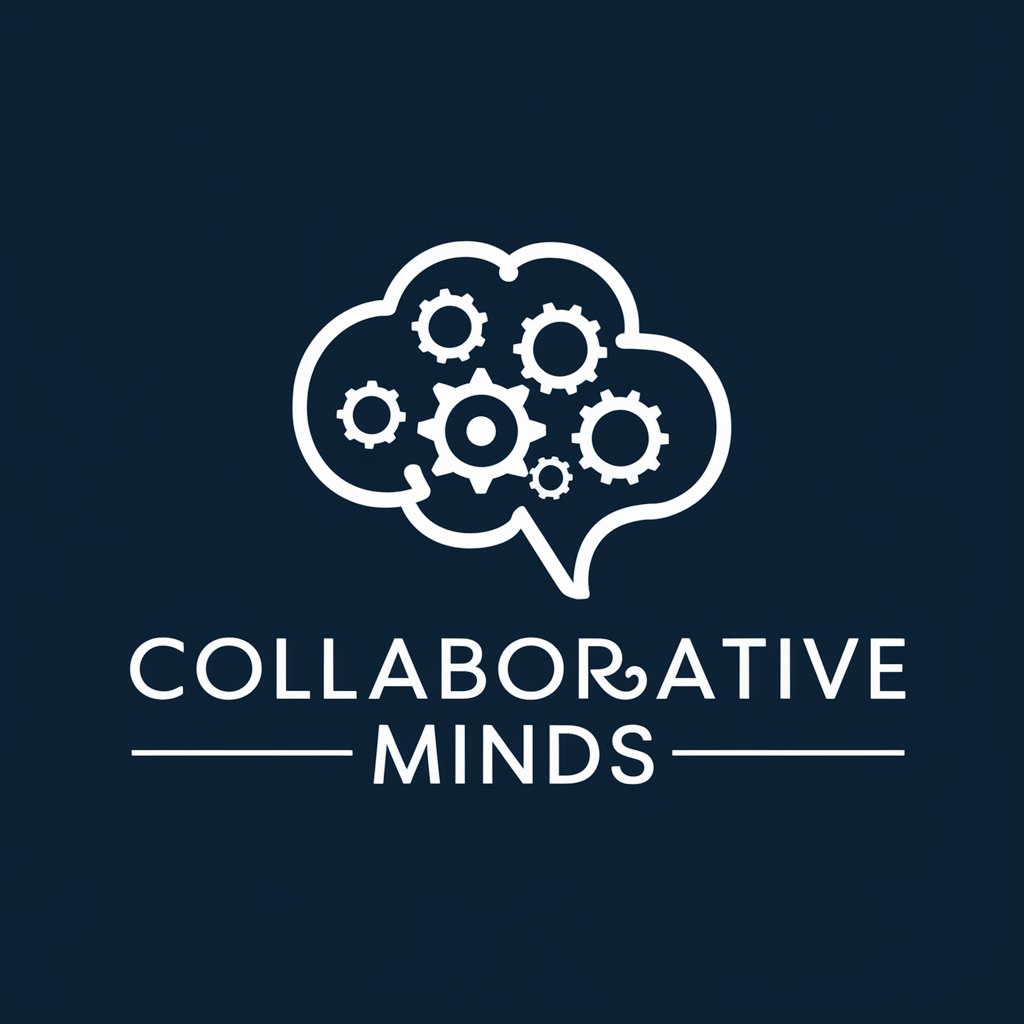
Frequently Asked Questions About Vocal Music
What foundational singing techniques should I start with?
Begin with mastering breath control, posture, and vocal warm-ups. These fundamentals support healthy voice use and improve your overall singing quality.
How can I improve my vocal range?
Improving vocal range involves consistent practice with scales, proper technique, and gradually stretching your limits without straining. Rest and hydration are crucial.
What's the best way to take care of my voice?
Maintain vocal health through hydration, warming up before singing, avoiding overuse, and resting your voice as needed. Avoid smoking and shouting.
Can anyone learn to sing, or is it a natural talent?
While natural talent can be a factor, singing is a skill that can be improved with practice, proper technique, and training. Anyone motivated can learn to sing better.
How does understanding music theory benefit a singer?
Music theory provides a foundation for reading music, understanding harmony, and improving musicality. It aids in learning new pieces and collaborating with other musicians.
